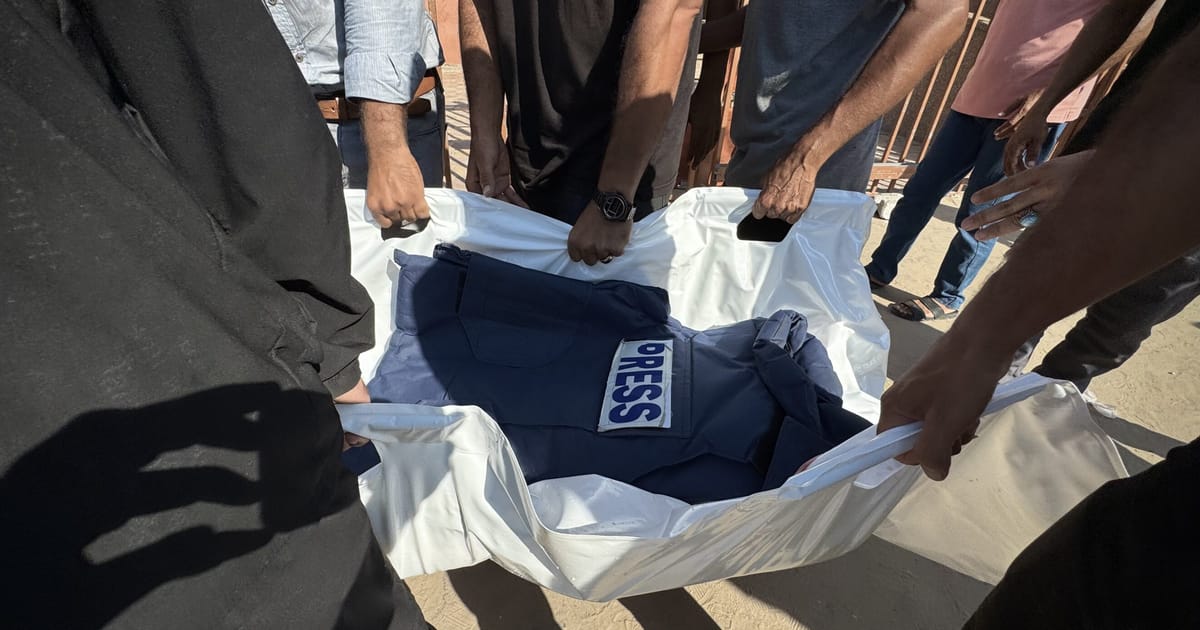

In a series of diplomatic moves, global leaders are expressing concern over the ongoing situation in Gaza, urging for transparency and humanitarian aid. France has taken a firm stance, advocating for media access to the region to ensure journalistic freedom and accurate reporting of events. The French Foreign Minister has openly criticized Israel’s current military strategies, advocating for the presence of international media to provide unbiased coverage. This call for media access echoes a broader demand for transparency and humanitarian considerations in conflict zones.
Parallel to France’s diplomatic efforts, the United Kingdom has also voiced apprehension over the humanitarian situation in Gaza. British Foreign Affairs Chief David Lammy emphasized the necessity of addressing the suffering experienced by Gazans. Alongside other international stakeholders, the UK has accused Israeli forces of impeding the delivery of essential humanitarian aid. The British government is contemplating further actions to ensure aid reaches those in need, underscoring its commitment to international laws and humanitarian efforts. This pledge to consider additional measures reflects the UK’s determination to play an active role in resolving humanitarian challenges.
These diplomatic expressions of concern highlight the complex nature of international relations and the importance of diplomatic dialogue in addressing global issues. Both France and the UK demonstrate a commitment to safeguarding journalistic integrity and humanitarian rights, embodying values that resonate with their respective citizens and the broader international community. The engagement of such influential nations in the discourse surrounding Gaza underscores the conflict’s global significance and the need for comprehensive solutions that prioritize human welfare and dignity.
In a different part of the world, Russia has been extending its diplomatic outreach, with Foreign Minister Sergey Lavrov announcing potential military support for Mozambique. Lavrov’s announcement suggests a strengthening of ties between Russia and Mozambique, illustrating the dynamic nature of international alliances. Lavrov’s recent comments come ahead of a planned visit to Mozambique, which would be his first since 2018, signaling a renewed focus on bilateral relations. This potential military support could have significant implications for the region’s stability and security, highlighting the pivotal role of international partnerships in addressing regional challenges.
The evolving landscapes in Gaza and Mozambique serve as reminders of the interconnectedness of global politics and the impact of international cooperation in addressing regional issues. As nations continue to navigate complex diplomatic waters, the commitment to humanitarian values and peaceful resolutions remains a guiding principle for fostering stability and progress worldwide. These developments encourage reflection on the power of diplomacy and the shared responsibility of the international community to support peace and humanitarian efforts across the globe.
Overall, the international response to these situations demonstrates a commitment to addressing humanitarian concerns and promoting peace through diplomatic efforts and media transparency. This collective call for action highlights the importance of a concerted effort by the global community to support regions in conflict and address the underlying causes of strife. The willingness of countries to engage in constructive dialogue and take decisive actions underscores the shared values and objectives that unite nations in pursuit of a more peaceful and equitable world.
Source: {link}
